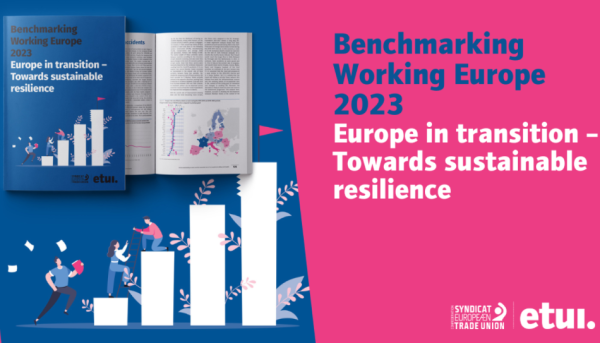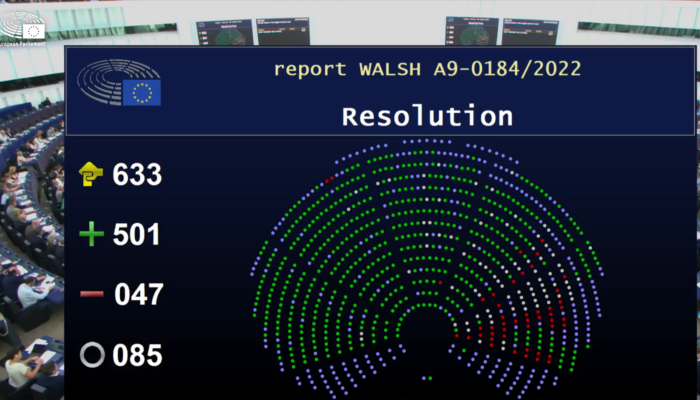Platform workers exposed to work-related psychosocial risks
Recent reports outline the issues facing this category of workers.

Platform workers, extending to those working as programmers, have been exposed to work-related psychosocial risks through a variety of means. This includes the use of algorithmic management to allocate, monitor and evaluate the work performed and the behaviour and performance, triangular work relationships, and a prevalence of non-standard working arrangements. While some of these issues have been addressed by the proposed platform workers directive, we must continue the push for action to alleviate the burden on these workers.
The European Agency for Health and Safety at Work (EU-OSHA) report, Digital platform work and occupational safety and health: overview of regulation, policies, practices and research, clearly outlines that the prevention and management of occupational health and safety (OSH) risks is discussed less often than topics, such as safety and health issues related to food delivery services and passenger transport services. The report emphasises that the current body of research on safety and health in platform work has highlighted that the employment status of platform workers is critical for OSH risk prevention and management, as those categorised as self-employed are not covered by EU OSH directives or by national OSH legislation in most Member States, and are often not among those who are targeted by prevention measures such as training. Additionally it is reported that most platform workers experience stress, an indicator of potential work-related psychosocial risks.
So where do the main issues exist? EU-OSHA outline three main areas of concern in terms of psychosocial risks related to professional isolation: professional identity, work-life balance and workplace social support. In addition, workplaces and work equipment are often not adapted to the needs of platform workers, a particular issue for professionals and managers working within platforms. With such a variety of factors that may contribute to work-related psychosocial risks, it is no wonder that there is an exacerbation of occupational risks, in particular regarding the psychosocial wellbeing and mental health of digital platform workers.
The EndStress platform welcomes the Commission’s proposal for a directive on platform workers, but reemphasises the need to address work-related psychosocial risks in a European directive. Platform workers are not the sole category of workers who face exposure to these risks due to their work organisation. Until enforceable measures are introduced, we are unlikely to see a end to, and mitigation of, Europe’s mental health epidemic.
MORE ARTICLES
Momentum grows for mental health protection
PSR directive moves into political spotlight
“Set strong rules now!”
Commission under fire from MEPs to improve workers’ health.
Left in limbo yet again
Another initiative doomed to fail, as workers continue to be left unprotected from psychosocial risks.
EESC report supports EndStress campaign
Another institution calls for legal change.
Benchmarking Europe report shows severity of PSR crisis
Latest ETUI report paints a grim picture of PSR in Europe.
Increased exposure to psychosocial risks laid bare
/ News Increased exposure to psychosocial risks laid bare ETUI’s latest edition of HesaMag places worker’s exposure to psychosocial risks in the…
Legislative gaps highlighted through damning statistics
/ News Legislative gaps highlighted through damning statistics International Day of Decent Work, World Mental Health Day and the European Week for…
Global initiatives launched on worker’s mental health
/ News Global initiatives launched on worker’s mental health ILO/WHO and Australian unions begin initiatives on PSR. Worker’s mental health has been…
Commission action required to tackle psychosocial risks
/ News Commission action required to tackle psychosocial risks Yet again the European Parliament calls on the Commission to act. Today the…
EMPL committee calls for legislative action
MEPs ask for binding measures to protect workers’ health










